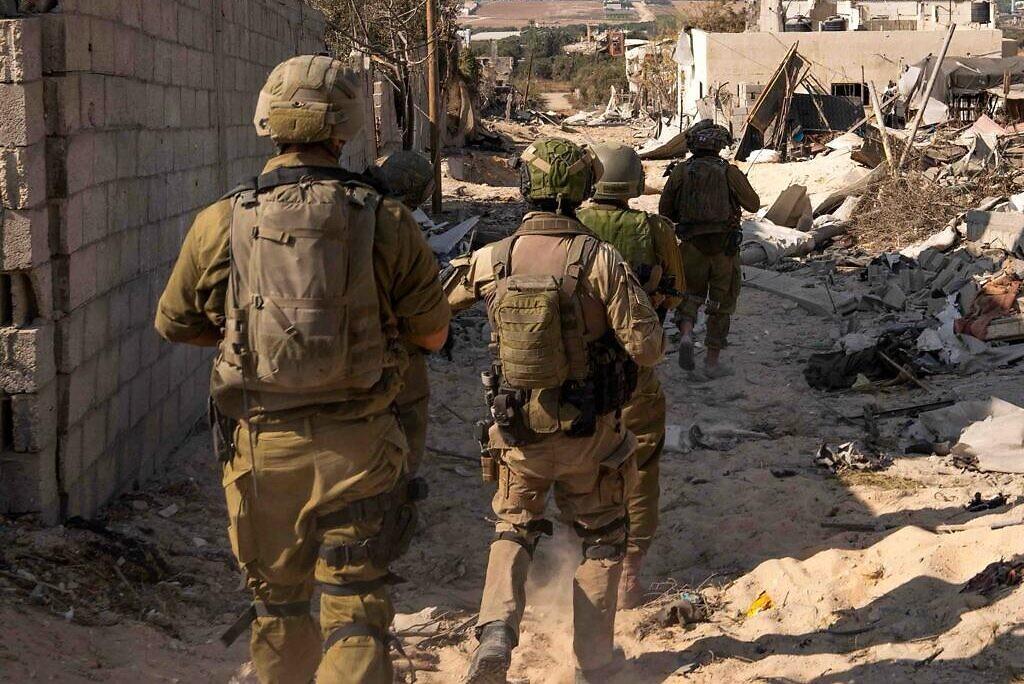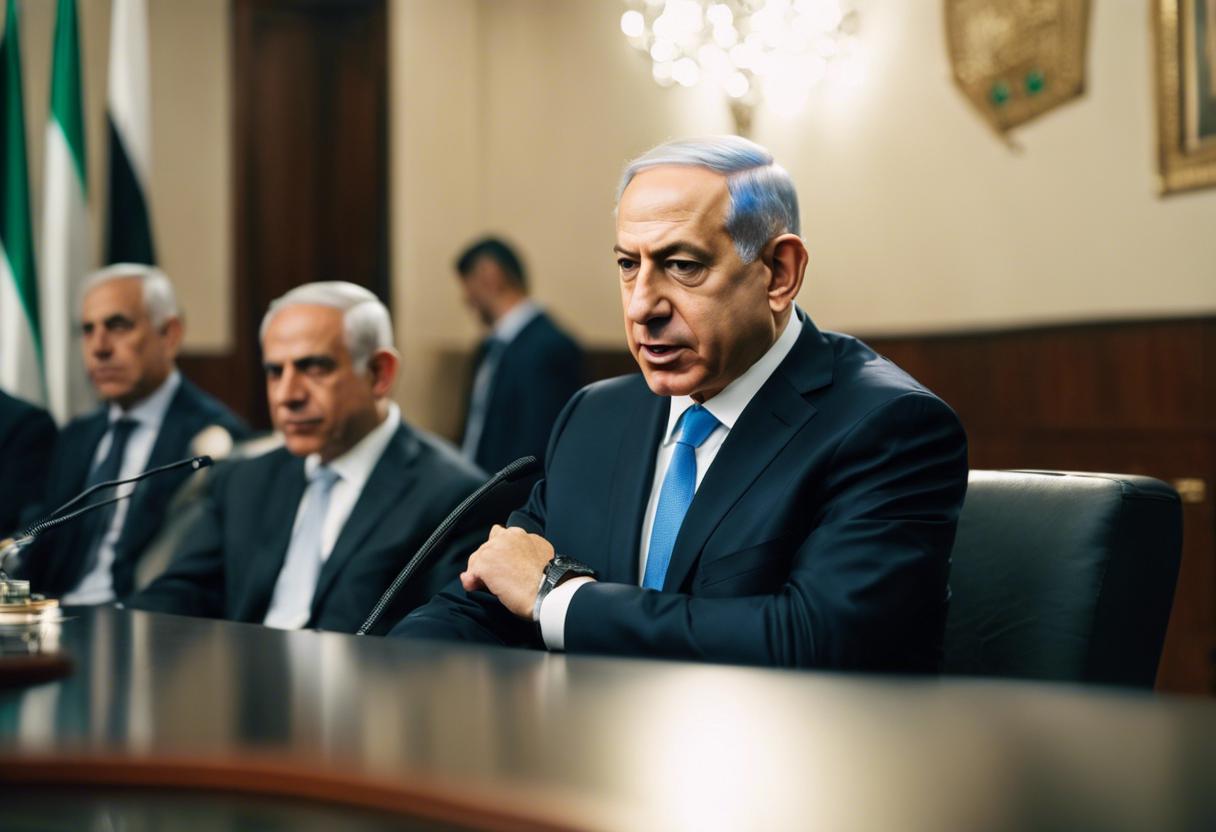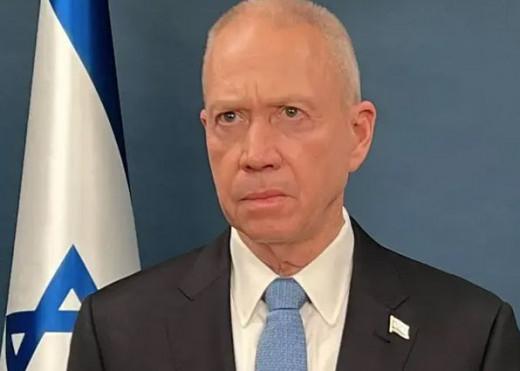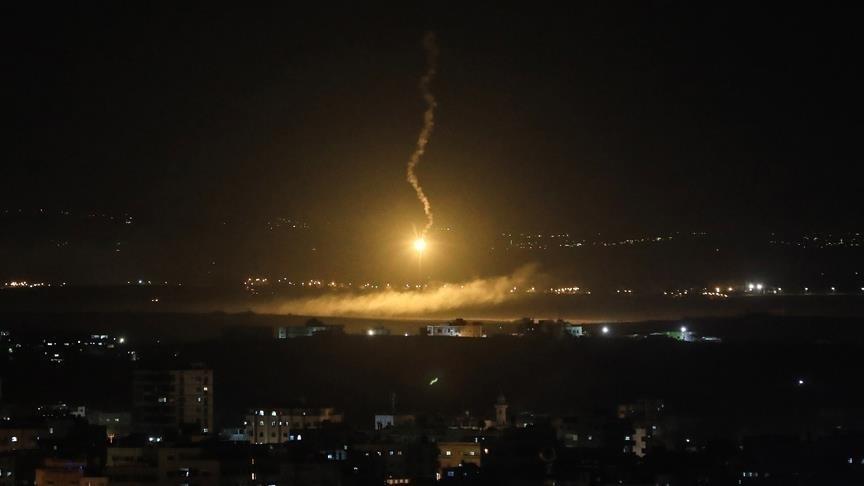Hamas, PIJ reject Egyptian plan to cede power in Gaza in return for ceasefire Netanyahu says talks on hostage release underway
Egypt confirmed on December 28 that it had put forward a framework proposal to end the war in Gaza including a three-stage plan for a ceasefire, says the head of its state media body, the Times of Israel reports.
Egypt is yet to get responses on the proposal from the parties involved, and will give details about the plan once those responses are received, says Diaa Rashwan, head of Egypt’s State Information Service.
The proposal is an attempt “to bring viewpoints between all concerned parties closer, to stop Palestinian bloodshed and the aggression against the Gaza Strip and restore peace and stability to the region,” he says.
The reported Egyptian initiative is a plan to end hostilities and release all the remaining hostages, in three stages.
The first stage of the Egyptian plan would be a two-week halt to the fighting, extendable to three or four, in exchange for the release of 40 hostages — women, minors, and elderly men, especially sick ones.
In return, Israel would release 120 Palestinian security prisoners of the same categories. During this time, hostilities would stop, Israeli tanks would withdraw, and humanitarian aid would enter Gaza.

The second phase would see an Egypt-sponsored “Palestinian national talk” aimed at ending the division between Palestinian factions — mainly the Fatah party-dominated Palestinian Authority and Hamas — and leading to the formation of a technocratic government in the West Bank and Gaza that would oversee the reconstruction of the Strip and pave the way for Palestinian parliamentary and presidential elections.
The third stage would include a comprehensive ceasefire, the release of the remaining Israeli hostages, including soldiers, in return for a to-be-determined number of Palestinian security prisoners in Israeli jails affiliated with Hamas and the Palestinian Islamic Jihad terror group — including those arrested after October 7 and some convicted of serious terror offences. In this phase, Israel would withdraw its forces from cities in the Gaza Strip and allow displaced Gazans from the enclave’s north to return to their homes.
Hamas and Palestinian Islamic Jihad are said to have rejected the plan.
Meanwhile, Prime Minister Benjamin Netanyahu has canceled a war cabinet meeting that was supposed to be held tonight to discuss Israel’s plan for who will govern Gaza after the war.

Netanyahu has refused to hold any such meetings until now, angering the Biden administration, which argues that failure to plan for who will govern Gaza after the war will lead to the IDF being bogged down in the enclave indefinitely.
The Israeli premier’s stance has been influenced by his far-right coalition partners who have similarly rejected any discussion about PA rule in Gaza.
This leaves few if any other options, but Netanyahu has appeared committed to keeping his coalition intact and has accordingly sought to delay “day-after” discussions for nearly three months.
Before a meeting of the war cabinet, Netanyahu spoke with the relatives of the hostages.
Israel is working to return all the hostages, Prime Minister Benjamin Netanyahu said on December 28 adding that Qatar and Egypt have put forward two separate proposals to move the matter forward.
“We are holding contacts at this very moment,” he told relatives of the hostages at the Kirya military headquarters in Tel Aviv. “I cannot detail the status. We are working to return them all. This is our goal.”
Coordinator for the Hostages and Missing Brig.-Gen. (res.) Gal Hirsch and National Security Council Director Tzachi Hanegbi were also present.
The main focus of fighting in Gaza is now in central areas, where Israeli forces have ordered civilians out over the past several days as their tanks advance. Tens of thousands of people fleeing the huge Nusseirat, Bureij and Maghazi districts were heading south or west on Thursday into the already overwhelmed city of Deir al-Balah along the Mediterranean coast, crowding into hastily built camps of makeshift tents.
Earlier in the day, Defence Minister Benny Gantz said Israel would act to remove Hezbollah from the border with Lebanon if the militia group's attacks continue.

Benny Gantz said the Israeli military would intervene if militants did not stop firing on northern Israel.
Time for a diplomatic solution was running out, he added.
Meanwhile, the head of the Israel Defense Forces said troops were in "very high readiness" for more fighting in the north.
"Our first task is to restore security and the sense of security to the residents in the north, and this will take time," Chief of the General Staff Lt Gen Herzi Halevi said, after conducting a "situational assessment".
Cross-border exchanges of fire have been escalating since Hamas's 7 October attacks on Israel.
Moreover, Israel continued attacking the territory of Syria as its forces launched a strike on the outskirts of Damascus.

The attack was carried out around 23:05 local time (December 28) from the direction of the Golan Heights.
"Our air defences responded to the attack and shot down most of the missiles, all was limited to material damage," the source said.








